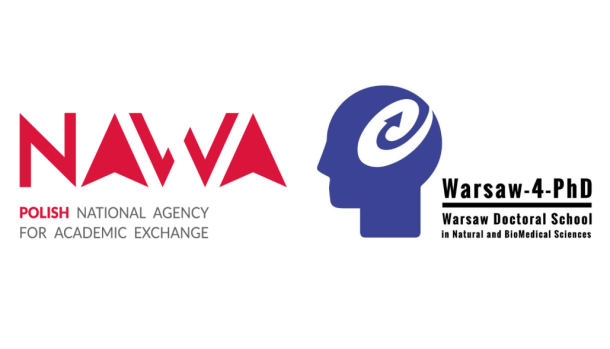
New type of magnetism splits from convention

Magnetic materials with zero net magnetization fall into two classes: conventional antiferromagnets and altermagnets. Physicists have identified a property in altermagnets that widens the divide between the two groups. Altermagnets represent collinear antiferromagnetic compounds with spin-up and spin-down sublattices connected only by mirror and roto-translational symmetries.
Consequently, the system shows even-parity wave spin order in the k-space (d-wave, g-wave and i-wave) lifting the Kramer's degeneracy in the non-relativistic band structure. In the non-relativistic limit, the altermagnets behave as ferromagnets in the k-space having non-relativistic spin-splitting, while behave as antiferromagnets in the real-space having zero net magnetization. Therefore, the altermagnets are based on robust broken time-reversal symmetry responses arising from magnetic exchanges, akin to ferromagnets, while remaining insensitive to external magnetic fields and possessing Terahertz dynamics, akin to antiferromagnets.
Additional effects rise in the relativistic limit. The spin-orbit coupling preserves the time-reversal symmetry. Therefore, in a system with Kramers degeneracy, the spin-orbit can not create any magnetism or weak ferromagnetism. In the case of altermagnetic compounds, we have a breaking of the time-reversal symmetry and the spin-orbit could generate the so-called weak ferromagnetism. The presence of the altermagnetic non-relativistic spin-splitting is a necessary (but not sufficient) condition to obtain relativistic weak ferromagnetism. For historical reasons, the rise of weak ferromagnetism is done by introducing the Dzyaloshinskii-Moriya interaction (DMI). The DMI is a relativistic antisymmetric component of exchange interaction that occurs due to spin-orbit coupling. The DMI can be produce weak ferromagnetism also in centrosymmetric altermagnets. The weak ferromagnetism is a property exclusively of altermagnets, not present in either ferromagnets or antiferromagnets with Kramers degeneracy.
New type of magnetism splits from convention, Nature 626, 482 (2024)
Website: https://www.magtop.ifpan.edu.pl/resources/teams/



